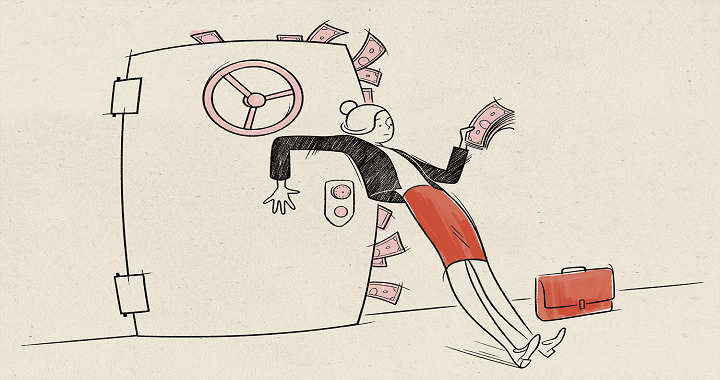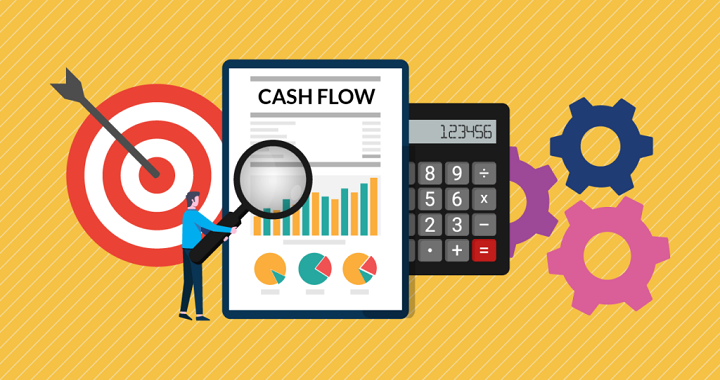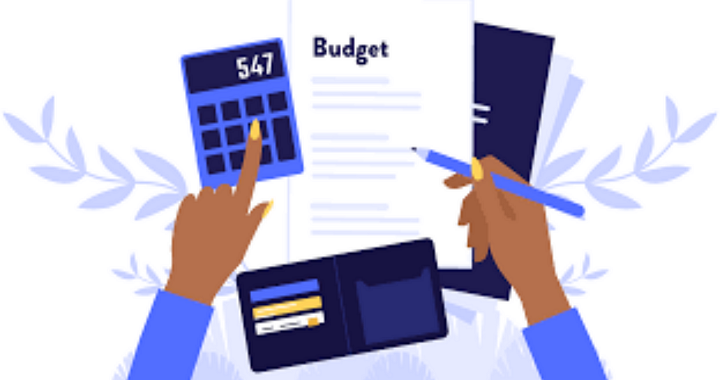10 Proven Strategies to Pay Off Debt Faster and Save Thousands

Debt can feel overwhelming, but with the right strategies, paying off debt faster and saving thousands on interest is within your reach. When it comes to debt, time is money—literally. The longer it takes to pay down your balances, the more you’ll owe in interest. But by adopting focused, proven strategies, you can speed up the process and save yourself a significant amount of money. Whether it’s credit cards, personal loans, or student debt, tackling balances head-on with a solid plan can be incredibly empowering and financially beneficial.
1. Why Prioritizing High-Interest Debt Saves You Money
One of the most effective approaches to accelerate debt repayment is to prioritize high-interest debt. This strategy, sometimes called the avalanche method, targets the accounts costing you the most in interest. By putting any extra cash toward your highest-interest balance first, you’ll reduce the amount of interest accumulating over time. For instance, if your highest-interest debt is a credit card charging 20% annually, tackling that balance first can lead to substantial savings. The avalanche approach not only helps to minimize total interest paid but can also shorten your overall repayment timeline. Each payment chips away at the principal amount, meaning future interest charges will be based on a smaller balance, creating a snowball effect that accelerates debt freedom.
2. Creating a Budget: A Foundation for Debt Freedom
Creating a detailed budget is another powerful tactic for managing and paying off debt faster. Budgets provide a clear picture of your income, expenses, and discretionary spending, which helps to identify areas where you might cut back and redirect funds toward debt repayment. By knowing exactly how much you spend on non-essential items each month, you can make informed decisions to adjust your spending habits. For instance, reducing dining out, cutting subscription services, or switching to a cheaper phone plan can free up funds to go toward your debt. Redirecting even $100 a month from unnecessary expenses to your debt can make a significant difference over time. Budgeting isn’t about depriving yourself—it’s about prioritizing your financial future and directing funds toward goals that matter most.
3. The Benefits of Making Extra Payments Toward Debt
Another approach to accelerate your debt payoff journey is to make extra payments whenever possible. Any additional amount you pay beyond your minimum required payment goes directly toward your principal, helping to lower the balance faster and save on interest. For instance, if your monthly car loan payment is $300 and you can afford to put an extra $50 toward it, that extra amount can chip away at the loan more quickly. Some borrowers opt to make bi-weekly payments instead of monthly payments, which can have the same effect. Since bi-weekly payments result in 26 payments per year rather than 12, this approach can save hundreds or even thousands in interest, depending on your loan balance and rate.
4. Debt Consolidation and Refinancing for Faster Repayment
Refinancing or consolidating debt is another highly effective strategy for those with multiple debt accounts or high-interest loans. By consolidating several debts into a single loan with a lower interest rate, you can simplify payments and reduce the amount of interest you’ll owe. This strategy works well for credit card debt, where interest rates can be as high as 25%. Personal loans often offer lower rates, making them an attractive option for consolidation. Refinancing student loans or a mortgage can also lead to significant savings if you qualify for a lower rate. Not only can this reduce the financial strain of juggling multiple due dates, but it can also accelerate your path to becoming debt-free.
5. Boosting Your Income to Accelerate Debt Payoff
Increasing your income is another impactful way to pay off debt faster and save thousands. When working within a fixed budget, finding additional income streams allows you to put more toward debt without sacrificing your current lifestyle. Side jobs, freelance work, or monetizing a hobby can provide the extra cash needed to accelerate debt payoff. For example, if you’re able to earn an additional $500 per month through a part-time job or freelance gig, you could allocate this entire amount toward your debt. Over a year, that’s $6,000 dedicated solely to repayment, which could shave years off your repayment timeline and save you thousands in interest charges.
6. Using Windfalls to Supercharge Your Debt Repayment Plan
One often-overlooked strategy to pay off debt faster is to leverage windfalls, such as tax refunds, bonuses, or cash gifts. These unexpected funds provide an excellent opportunity to make a large payment toward your principal balance, giving your debt payoff plan a major boost. By using windfalls to reduce your debt, you effectively lower the balance on which interest is calculated, reducing your total cost over time. Rather than spending these funds, consider the long-term benefits of directing them toward debt repayment. Each windfall applied to your debt puts you closer to financial freedom, and the relief of seeing your balance drop can be highly motivating.
For More Article Click Hare
7. Setting Clear Financial Goals to Track Your Progress
Setting specific financial goals and tracking your progress is another essential component of effective debt repayment. When you have a clear, measurable goal, it’s easier to stay focused and motivated. For example, you might aim to pay off a specific balance within the next six months or reduce your total debt by 50% within the year. Tracking your progress toward these goals can be rewarding and helps you see the impact of your efforts. Using a debt repayment app or a simple spreadsheet can make tracking straightforward and helps maintain motivation, especially as you celebrate small milestones along the way.
8. Building an Emergency Fund for Long-Term Financial Stability
Building an emergency fund, though it may seem counterintuitive when focusing on debt, is crucial for long-term financial stability. Having a reserve for unexpected expenses prevents you from relying on credit when faced with an emergency, which can derail your debt repayment efforts. Even a modest emergency fund of $500 to $1,000 can cover many surprise expenses, reducing the risk of accruing additional debt. Establishing a small emergency fund before committing all extra funds to debt ensures you won’t have to borrow more in the face of an unforeseen financial need.
9. Maintaining a Positive Mindset on Your Debt Journey
While these strategies can accelerate debt repayment and save you thousands, maintaining a positive mindset is equally important. Paying off debt is a marathon, not a sprint, and setbacks are a natural part of the process. Focusing on the long-term benefits and visualizing a debt-free future can help you stay motivated through the journey. Remind yourself of the freedom that comes with being debt-free, including the ability to build wealth, achieve financial goals, and reduce stress. Celebrate each milestone you reach, whether it’s paying off a single balance or reaching a savings goal. This positivity can keep you energized and committed to your financial success.
Conclusion: Secure Your Financial Future by Paying Off Debt Faster
In conclusion, there are many proven strategies to pay off debt faster and save thousands of dollars in interest, from prioritizing high-interest balances and budgeting to consolidating debt and boosting income. By tailoring a plan that works for your lifestyle and staying focused on your goals, you can reduce your financial burden and take control of your future. Paying off debt isn’t always easy, but with a clear plan, discipline, and determination, financial freedom is within reach.





